Mandarin oranges are citrus fruits that are good for your health because they are high in vitamin C. One mandarin has about a third of the vitamin C a person needs in a day and is an easy way to get this important nutrient.
Mandarin oranges, also called mandarins or mandarins, are citrus fruits in the same family as lemons, limes, oranges, and grapefruits. Mandarin oranges are sweeter, smaller and easier to peel than regular oranges.
Tangerines are a kind of mandarin that has a deep reddish-orange colour and a rough skin.
The history of mandarin oranges goes back to ancient China. The fact that they are called "Mandarin" is also a sign of this. But they have been a popular fruit ever since they were first grown. Even now, they are still common in many homes. They also help your health in different ways.
Table of Contents
What is mandarin orange?
Mandarins are in the genus Citrus. It is believed that they came from China in the past, which is how they got their name.
The sweet, juicy segments inside are protected by a deep orange, leathery skin.
Mandarins grow on small to medium-sized citrus trees that bloom. As they ripen, they turn from a dark green to their well-known orange colour and grow to be between 1.6 and 3 inches wide (4–8 cm).
You might hear people call mandarins "mandarin oranges," but this is not a correct name. Oranges and mandarins are both citrus fruits, but they are not the same kind. Oranges are Citrus sinensis, while mandarins are Citrus reticulata.
Mandarins are not round like oranges. Instead, they are long and look like a sphere with the top and bottom flattened. Also, they are easier to peel.
Difference between mandarin and orange:
It might seem like oranges and mandarin oranges are just 2 type of the same fruit. They are both in the same family (Rutaceae) and genus (Citrus), so they have a lot in common. However, they are also different in some ways.
The orange is thought to be a cross between a pomelo and a mandarin. In Chinese writing from 314 BC, the sweet orange was first mentioned in history. The most popular kind of citrus fruit in the world is the sweet orange.
Mandarin oranges look different from oranges because they are smaller and less round than oranges. Often, it tastes sweeter than an orange. Mandarins have been around longer than sweet oranges because they came before them.
The rind of a sweet orange is usually thick, and the white, bitter mesocarp is on the inside. The rind of a mandarin orange, on the other hand, is much thinner, and the smaller amount of mesocarp makes it much easier to peel. Each fruit's endocarp is made up of different pieces, or segments. Compared to sweet oranges, mandarin oranges have a lot less seeds.
Mandarin, tangerine, clementine, and satsuma are all names for the same fruit. But tangerines, clementines, and satsumas are all different kinds of mandarin oranges. Tangerines are orange and not as sweet as oranges. Mandarin oranges sold in stores are usually clementines, which are very sweet and easy to peel. Satsumas are also sweet and easy to peel. They are, however, easy to break.
Health benefits of mandarin orange:
Strengthens immunity
Citrus fruits like tangerines and mandarins are a deep orange colour because of chemicals called beta-carotene and beta-cryptoxanthin. They are called antioxidants, and they may also lower your risk of getting some types of cancer.
Mandarin oranges have even more beta-carotene and beta-cryptoxanthin than regular oranges, which makes them great food choices.
Beta-carotene and beta-cryptoxanthin are turned into vitamin A by the body. Vitamin A is important for a healthy immune system, good vision, and normal growth and development.
Mandarin oranges are also a great source of vitamin C, which is another important nutrient for the immune system, healthy skin, and wound healing. The body absorbs vitamin C from food better than a mega-dose of vitamin C from a supplement.
Improves Cholesterol Levels
Mandarins are a healthy snack that doesn't have any cholesterol and can help you stay on your diet and stay healthy. They have a lot of soluble fibre, that can help you feel full for longer after you eat.
LDL cholesterol is often called "bad cholesterol" because it can build up in your blood vessels and lead to heart problems. Soluble fibre has been shown to help lower LDL cholesterol. Getting rid of LDL cholesterol may make you less likely to have a heart attack or stroke.
Brings down blood pressure
Mandarins can also help with high blood pressure because they are high in fibre. This condition can be brought on by eating fatty foods, drinking too much alcohol, or smoking. If it isn't controlled, it could make you more likely to get heart disease. Eating fruits that are high in fibre can help you live a healthier life and lower your blood pressure.
Potassium is also in mandarin oranges. Potassium lowers blood pressure by helping the body get rid of extra sodium (salt) and by easing tension in the walls of blood vessels.
Strengthens Bones
Mandarin oranges have calcium and magnesium as well as potassium. People who eat these kinds of three minerals tend to have more mineral density in their bones. Their bones are stronger and far less likely to break because of this.
How to select mandarin oranges?
Always look for fruits with no marks on them. The quality of these is good.
When choosing fruits, look for ones that are shiny.
Use your hand to weigh down the fruit. Choose the heavier one every time.
If a mandarin is heavy, it has more juice.
Don't go for the easy ones.
Watch out for fruits that are rotten or have cuts. Stay away from them at any cost.
How to store mandarin oranges?
About a week is how long you can keep the fruit.
Don't wash mandarins before putting them away.
If it gets wet, it can help fungus grow and make the fruit bad.
If you don't eat it all in a week, you can keep it in the refrigerator for a few more days. Putting it in the fridge can make it last up to 2 weeks longer.
Frequently asked questions on Mandarin Oranges:
Ques: Oranges or mandarins- Which is healthier?
Ans: Both of these citrus fruits have the same nutrients, so they are both healthy.
Ques: What is the side effect of having too many mandarin oranges?
Ans: The high fibre content can cause nausea, diarrhoea, and cramping, and the sugar and acid content can cause dental problems like cavities.
Ques: Can diabetics eat oranges?
Ans: Yes. Mandarin oranges have antioxidants that may make diabetes and its complications less likely .

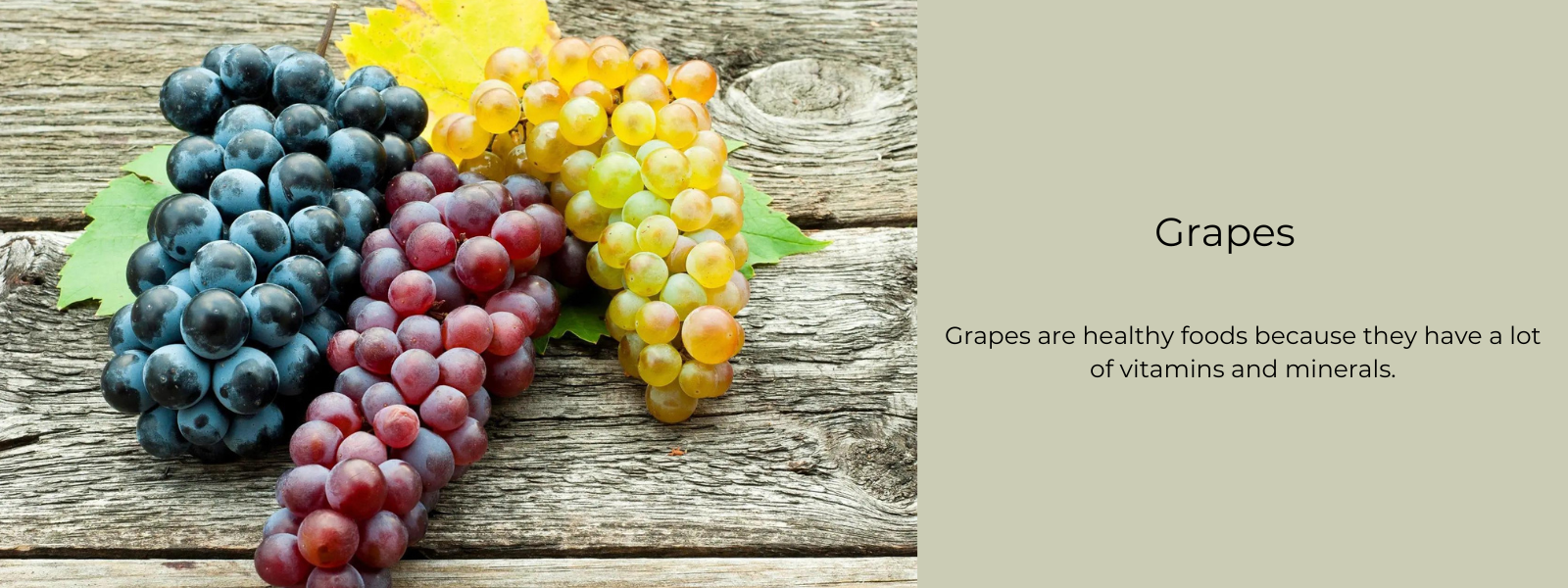
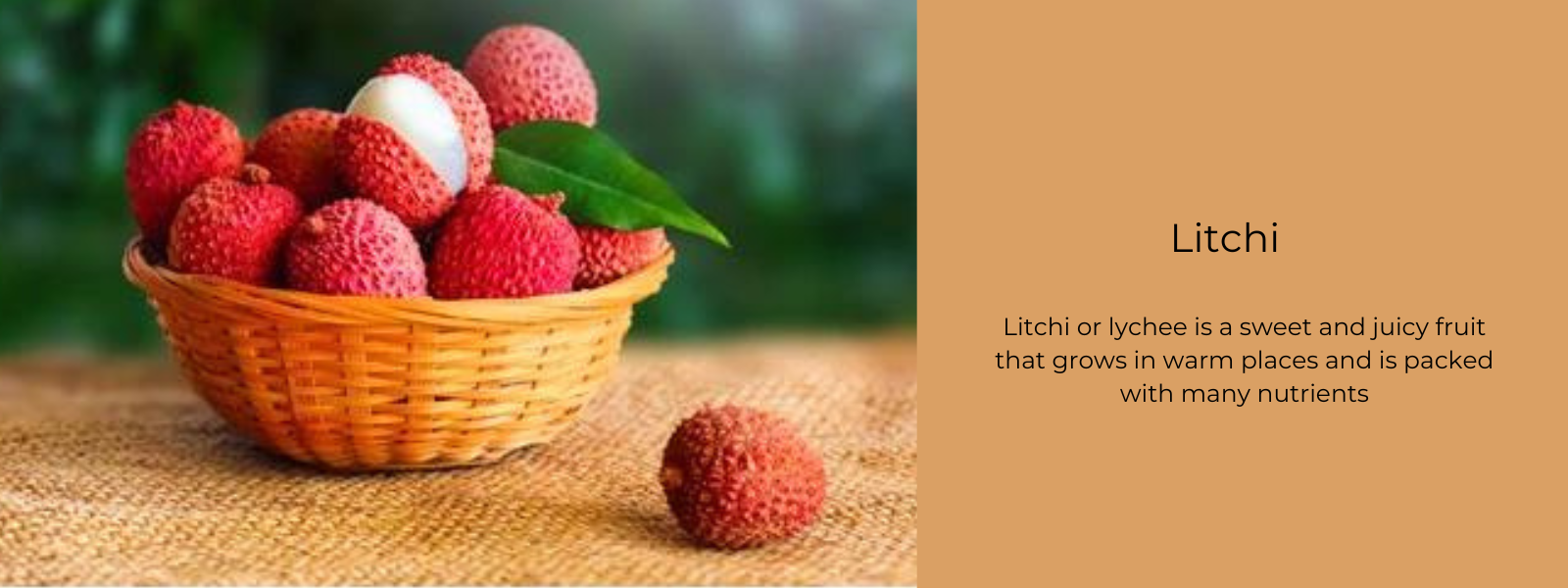
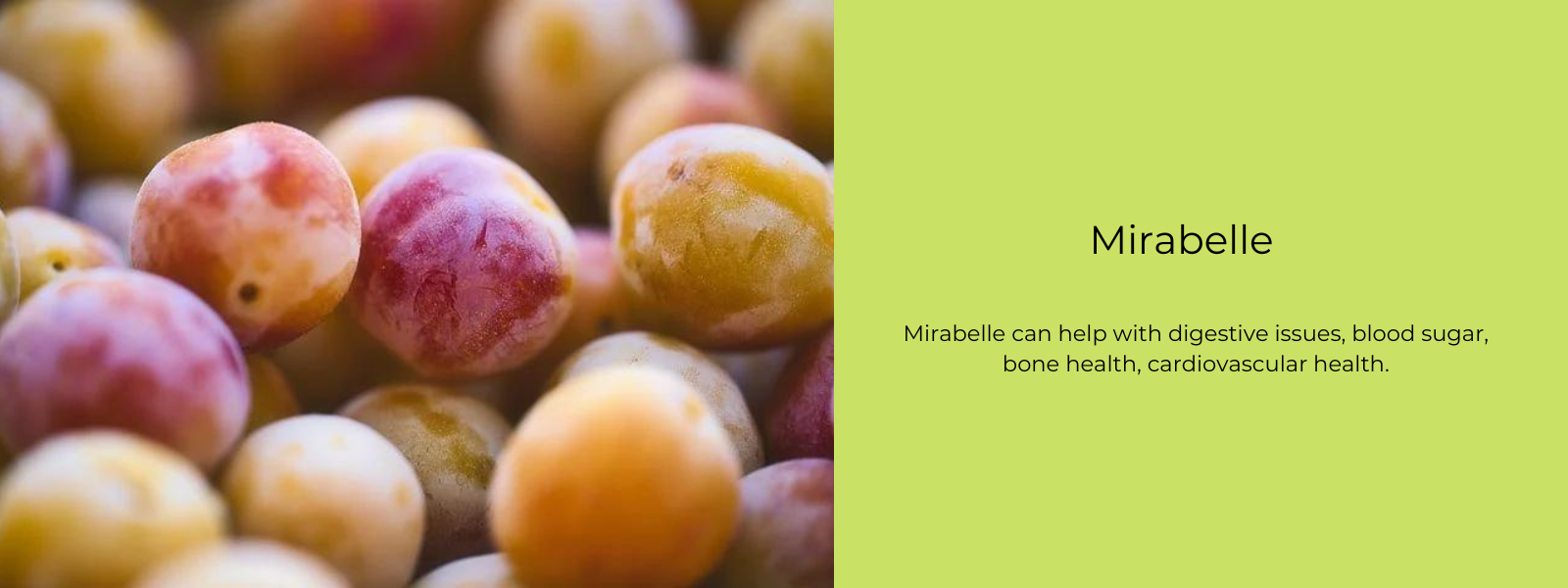
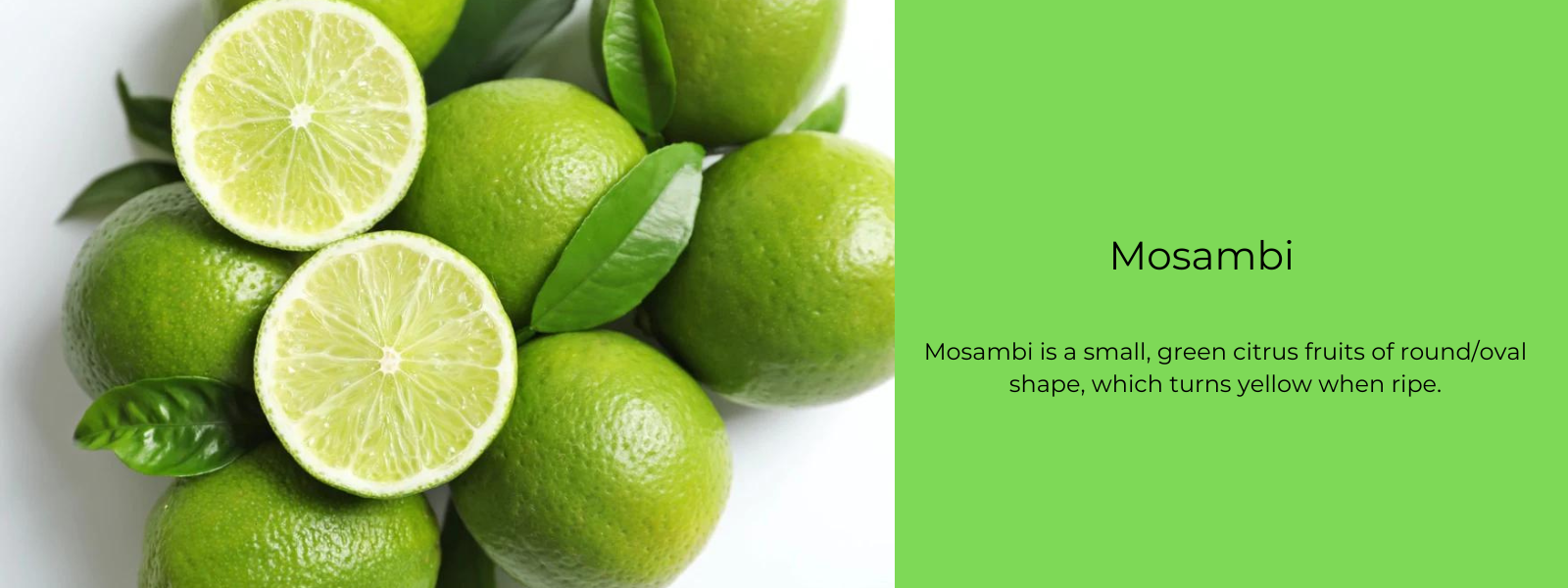
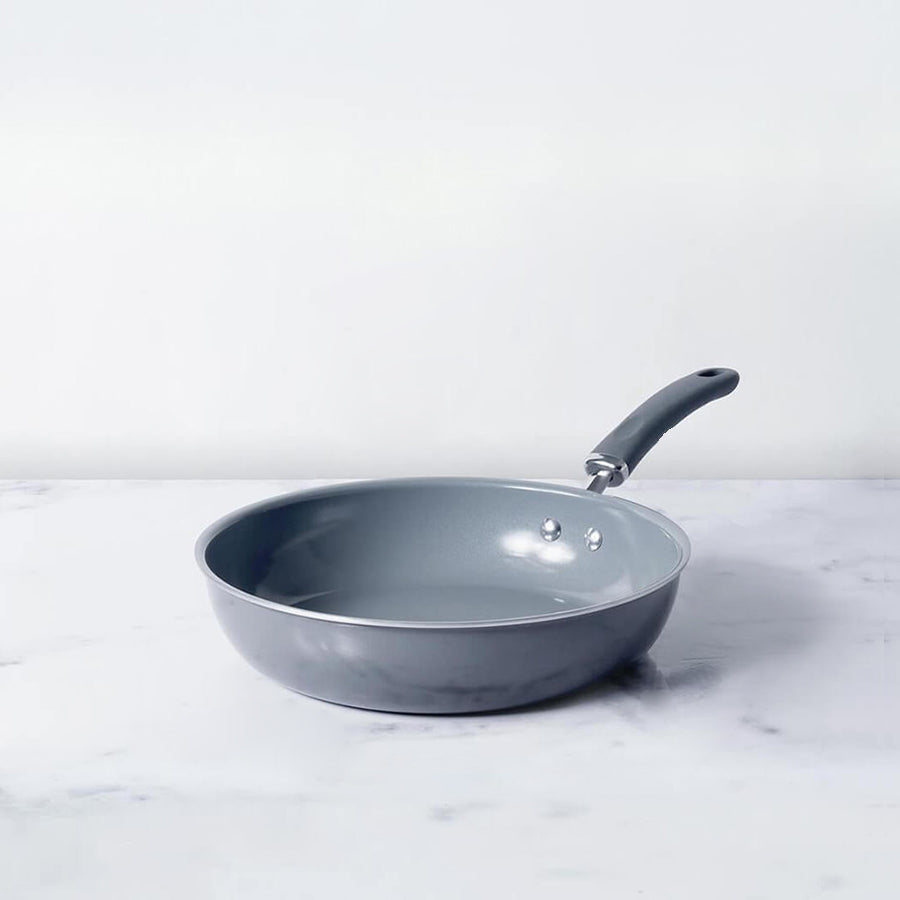





Leave a comment